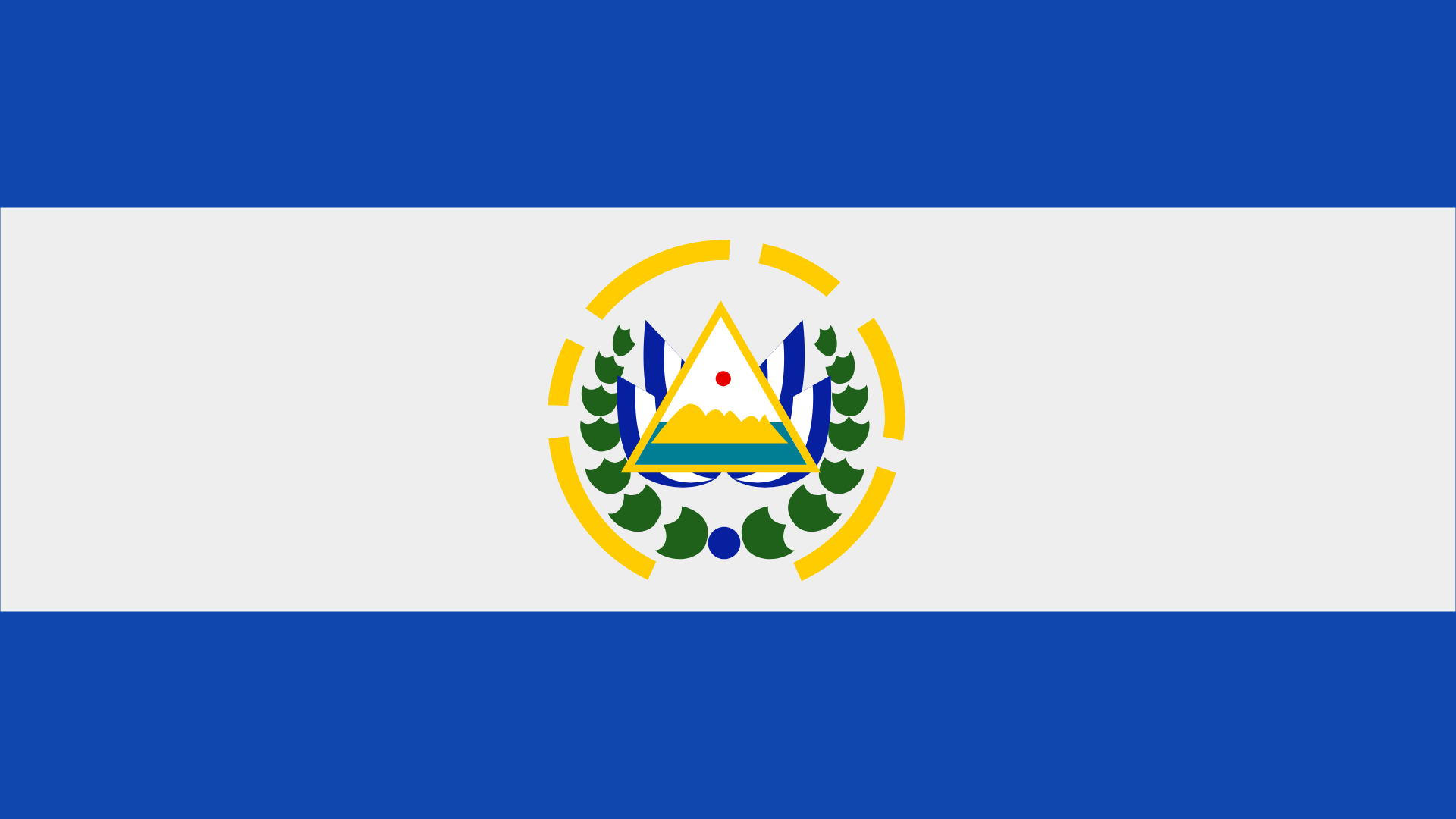A brief introduction about El Salvador:
The last census carried out in the country from May 12 to 27, 2007, determined at that moment the total population of the country at 5,744,113 inhabitants, far away from number of mobile lines reported.
As a curiosity, El Salvador was the first country to accept Bitcoin as legal tender, along with the US dollar.
Number of mobile telephone lines in operation. 11,043,505 of which 1,504,493 are associated with a Postpaid service and 9,539,012 are Prepaid lines, according to SIGET’s first quarter 2024 report
The percentage of the territory covered by the mobile cellular network is 96% while the proportion of the population covered is 97%.
Regulatory Framework for Mobile Virtual Network Operators (MVNOs) in El Salvador
While El Salvador’s telecommunications law does not explicitly define a Mobile Virtual Network Operator (MVNO), existing regulations allow for their operation under two primary models:
- Reseller Model: The MVNO purchases wholesale services from a Mobile Network Operator (MNO) and resells them to its own customers without operating any network infrastructure.
- Full MVNO: The MVNO owns part of the network infrastructure, such as switching centers, and leases only the radio access network (RAN) from the MNO.
Legal Requirements:
Let’s see what would be the legal requirements to operate as an MVNO in El Salvador, it is necessary to:
- Registration: Register with the Superintendencia General de Electricidad y Telecomunicaciones (SIGET) as a “Commercial Network Operator” (if owning infrastructure) or “Telecommunications Services Reseller” in case that it is only a pure reseller (white brand model)
- Concession: Obtain a concession for the public telephone service.
As per following law article:
“Art. 7.- La telefonía es un servicio público.
Los operadores interesados en proveer servicios de telefonía deberán solicitar a la SIGET una concesión para la explotación del servicio, la cual les será otorgada automáticamente por un plazo de treinta años con el sólo cumplimiento de los requisitos de inscripción que se establecerán en el Reglamento de esta Ley. Además, tales concesiones se otorgarán sin limitación alguna en cuanto a cantidad y ubicación, pudiendo existir más de una concesión en la misma área geográfica.
[…]”
“Art. 7.- Telephony is a public service.
Operators interested in providing telephone services must request a concession from SIGET for the exploitation of the service, which will be automatically granted for a period of thirty years upon compliance with the registration requirements established in the Regulations of this Law. In addition, such concessions will be granted without any limitation as to quantity and location, and there may be more than one concession in the same geographic area.
[…]”
Obligations of Mobile Network Operators:
MNOs are required to:
- Provide Access: Grant access to their essential resources, including the radio access network (RAN), to any requesting MVNO.
- Non-Discriminatory Treatment: Offer fair and equitable terms to all MVNOs.
This is based on
Art. 20.- Todo operador de redes comerciales de telecomunicaciones, deberá proporcionar acceso a recursos esenciales a cualquier operador que lo solicite mediante el pago correspondiente y sin discriminación alguna, debiendo ofrecer cargos desagregados de interconexión, así como el acceso a elementos desagregados de la red. el acceso deberá ser otorgado con la calidad y en los nodos de conmutación solicitados, siempre y cuando sea técnicamente factible. cada operador, al momento que solicite el acceso a un recurso esencial, tendrá derecho a gozar de términos contractuales similares a los que el operador que otorgue dicho recurso haya contratado con otros operadores. el acceso no deberá ser otorgado cuando los equipos que se pretenden interconectar puedan producir mal funcionamiento o daño a los equipos que se encuentren en uso.
Art. 20.- Every operator of commercial telecommunications networks must provide access to essential resources to any operator who requests it upon payment and without discrimination, and must offer disaggregated interconnection charges, as well as access to disaggregated elements of the network. Access must be granted with the quality and at the switching nodes requested, provided that it is technically feasible. Each operator, at the time it requests access to an essential resource, shall have the right to enjoy contractual terms similar to those that the operator granting said resource has contracted with other operators. Access must not be granted when the equipment to be interconnected may cause malfunctions or damage to the equipment in use.
Based on the articles set forth above, the MNOs are obliged to provide non-discriminatory treatment to the MVNOs and to give access to their network elements, which is of vital importance for the MVNOs, since they lack this network element, which in this case would be the RAN radio access network of the MNO. Likewise, the MNO has the option of leasing the right to use the frequencies as such, since the Telecommunications Law allows the registration of secondary market operations, establishing the conditions for the concessionaires to be able to transfer under any title or lease the right to exploit concessioned frequencies.
Benefits for MVNOs:
- El Salvador’s regulatory framework promotes competition in the telecommunications sector, enabling MVNOs to offer innovative and customized services at competitive prices.
- In conclusion, El Salvador has a flexible regulatory framework that allows for the operation of MVNOs, thereby promoting investment and innovation in the telecommunications sector.
If you want to launch a MVNO in El Salvador, just contact us info@telecomtrustconsulting.com
My special thanks to the Head of the Department of Engineering and Administration of the Radioelectric Spectrum and to the Head of Department at the General Superintendence of Electricity and Telecommunications (SIGET)



